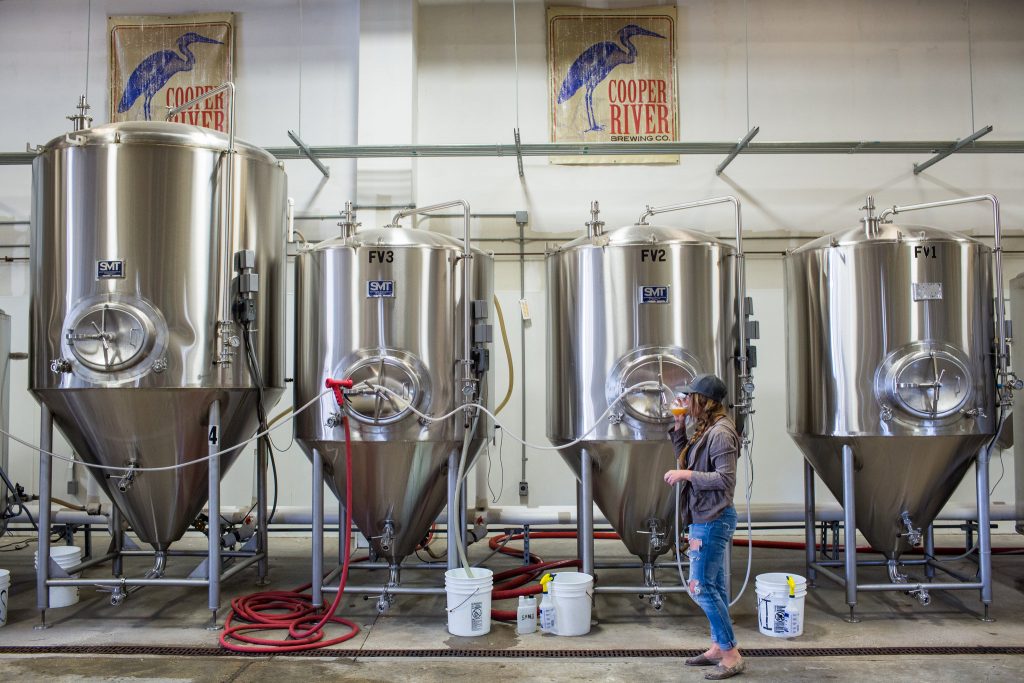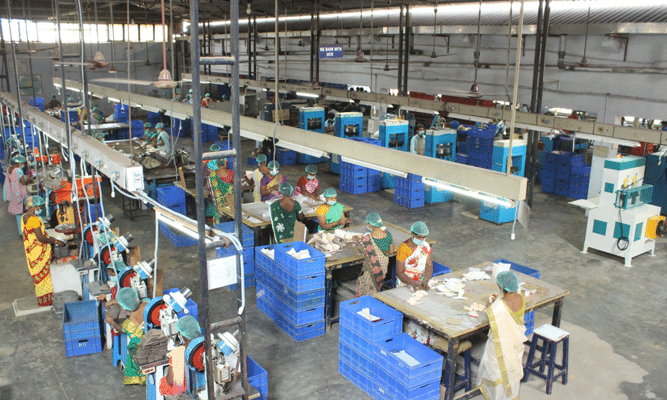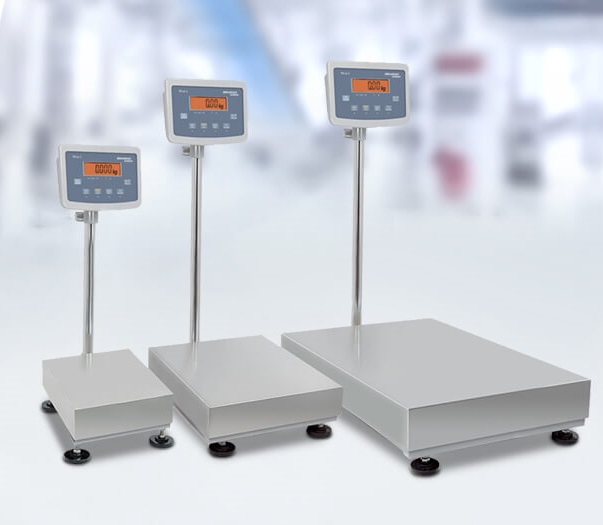Embarking on the journey from homebrewing hobbyist to commercial brewery owner is an exciting endeavour. However, transitioning to commercial-scale brewing requires careful consideration of the essential equipment and facilities needed to operate a successful brewery. In this comprehensive guide, we’ll delve into the world of commercial brewery equipment, covering everything from the brewhouse to packaging lines.
Understanding Commercial Beer Brewing
Commercial beer brewing entails producing large volumes of beer for sale and distribution. This necessitates specialized equipment capable of handling high production volumes while maintaining consistent quality. Let’s explore the key components required for a commercial brewery:
The Brewhouse: Heart of the Operation
The brewhouse serves as the central hub for beer production, encompassing various vessels and equipment for brewing. Here’s an overview of the essential elements:
- Milling Equipment: Includes a malt mill, hopper, screens, and conveyors to process malt.
- Mashing Equipment: Mash tun, mash mixer, and mash filters for converting malt starches into fermentable sugars.
- Lautering Equipment: Lauter tun and grant for separating sweet wort from spent grains.
- Brewing Kettle: Brew kettle and whirlpool for boiling wort with hops and removing trub.
- Heat Exchanger: Cools boiled wort before fermentation.
- Pumps and Piping: Transfer liquids between vessels using food-grade stainless steel piping.
- Brewing Control Panel: An automated system for controlling brewing processes.
Properly sized and configured brewhouse equipment is essential for achieving desired beer styles and production volumes.
Fermentation and Maturation Tanks
After wort production in the brewhouse, it’s transferred to fermentation and maturation tanks for fermentation and ageing. Key components include:
- Fermentation Tanks: Cylindrical fermenters or open fermenters for primary fermentation.
- Temperature Control: Ensures precise fermentation temperature control for optimal yeast activity.
- Maturation Tanks: Aging tanks, yeast storage tanks, and brite tanks for conditioning and carbonation.
Properly sized fermentation and maturation tanks are critical for managing production targets and inventory.
Beer Serving Tanks and Draft Systems
Once beer is conditioned and carbonated, it’s stored in serving tanks and dispensed through draft systems. Important components include:
- Serving Tanks: Insulated unit tanks for storing finished beer ready for packaging or draft dispensing.
- Glycol Chillers: Maintain beer temperature during transfer to draft taps.
- Draft Dispensing Equipment: Towers, pythons, gas and beer lines, and faucets for draft beer service.
Proper temperature control during transfer and dispensing is essential for maintaining beer quality.
Packaging Equipment
Commercial beer production requires packaging in kegs, cans, or bottles for distribution. Key packaging equipment includes:
- Kegging Line: Keg washers, fillers, and cappers for cleaning, filling, and sealing kegs.
- Bottling Line: Bottle washers, fillers, labellers, and packaging equipment for bottling beer.
- Canning Line: Can washers, fillers, seamers, labellers, and packaging equipment for canning beer.
Proper cleaning and sanitization of packaging equipment are crucial for ensuring beer quality and longevity.
Facilities and Utilities
In addition to equipment, commercial breweries require adequate facilities and utilities, including:
- Space: Sufficient space for brewing, fermenting, packaging, and storage.
- Utilities: Access to electricity, water, gas, drainage, ventilation, and climate control systems.
- Quality Control: Lab equipment for testing ingredients, wort, and finished beer.
- Safety Gear: Protective clothing, respirators, and safety controls on machinery.
- Maintenance and Cleaning: Regular maintenance to keep equipment in working order and the brewery clean and sanitized.
Conclusion
Building a successful commercial brewery requires careful consideration of equipment, facilities, and utilities. Properly selecting and configuring brewery equipment is essential for achieving desired production volumes and maintaining beer quality. By investing in high-quality commercial brewery equipment and adhering to best practices in brewing and packaging, aspiring brewery owners can realize their dreams of operating a thriving brewery business.



